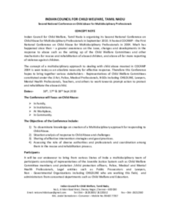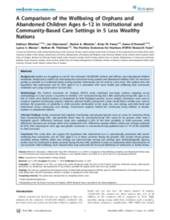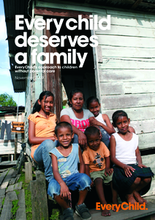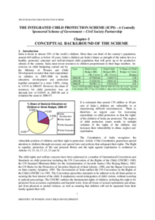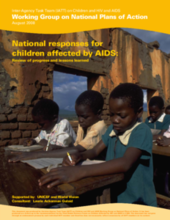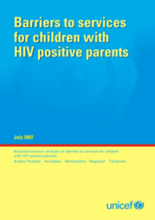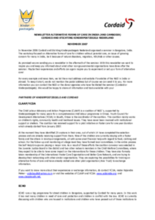childrens_living_arrangement
children_living_without_bio
Displaying 401 - 410 of 427
Entretien avec une representante de l'ambassade de France en Inde au sujet des adoptions internationales.
A fact-finding report on the fleeing of juveniles from the Government Observation Home, Special Home and Children’s Home (Combined) for Boys at Berhampur under Ganjam District of Orissa on 21-22 September 2010
Indian Council for Child Welfare, Tamil Nadu is organizing its Second National Conference on Child Abuse for Multidisciplinary Professionals in September 2010. The goal of the conference will be to enhance awareness on the issue, changes and developments in the response to abuse such as the setting up of the Child Welfare Committees and other mechanisms for rescue and rehabilitation of abused children, and above all far more reporting of violence against children. The conference will take place 16-18 September 2010.
Global policy makers are advocating that institution-living orphans and abandoned children (OAC) be moved as quickly as possible to a residential family setting and that institutional care be used as a last resort.
This document outlines EveryChild’s approach to the growing problem of children without parental care by defining key concepts, analysing the nature and extent of the problem, exploring factors which place children at risk of losing parental care, and examining the impact of a loss of parental care on children’s rights.
In 2006 the Indian Ministry of Women and Child Development proposed the adoption of an Integrated Child Protection Scheme (ICPS), which was adopted and launched by the central government in 2009-2010. Recognizing chronic under funding of child protection services in the country and major gaps in the system, the ICPS was expected to significantly contribute to the realization of Government/State responsibility by creating a system that would effectively and efficiently protect children.
This report presents a broad overview of progress made and lessons learned in mounting national responses for children affected by AIDS and other vulnerable children. Based on review findings, future actions are suggested to strengthen national responses and ultimately, improve outcomes for children.
In this meta-analysis of 75 studies on more than 3,888 children in 19 different countries, the intellectual development of children living in children's homes (orphanages) was compared with that of children living with their (foster) families.
Document gives an overview of the HIV situation in India and details a study conducted on barriers to services for children whose parents are infected with HIV.
This newsletter is from a seminar on alternative care held in Bangalore, India, in November 2006. Designed to spread information on what organizations have accomplished in the year following the seminar, the newsletter includes specific information on progress and methods, as well as contact information for each organization listed.

